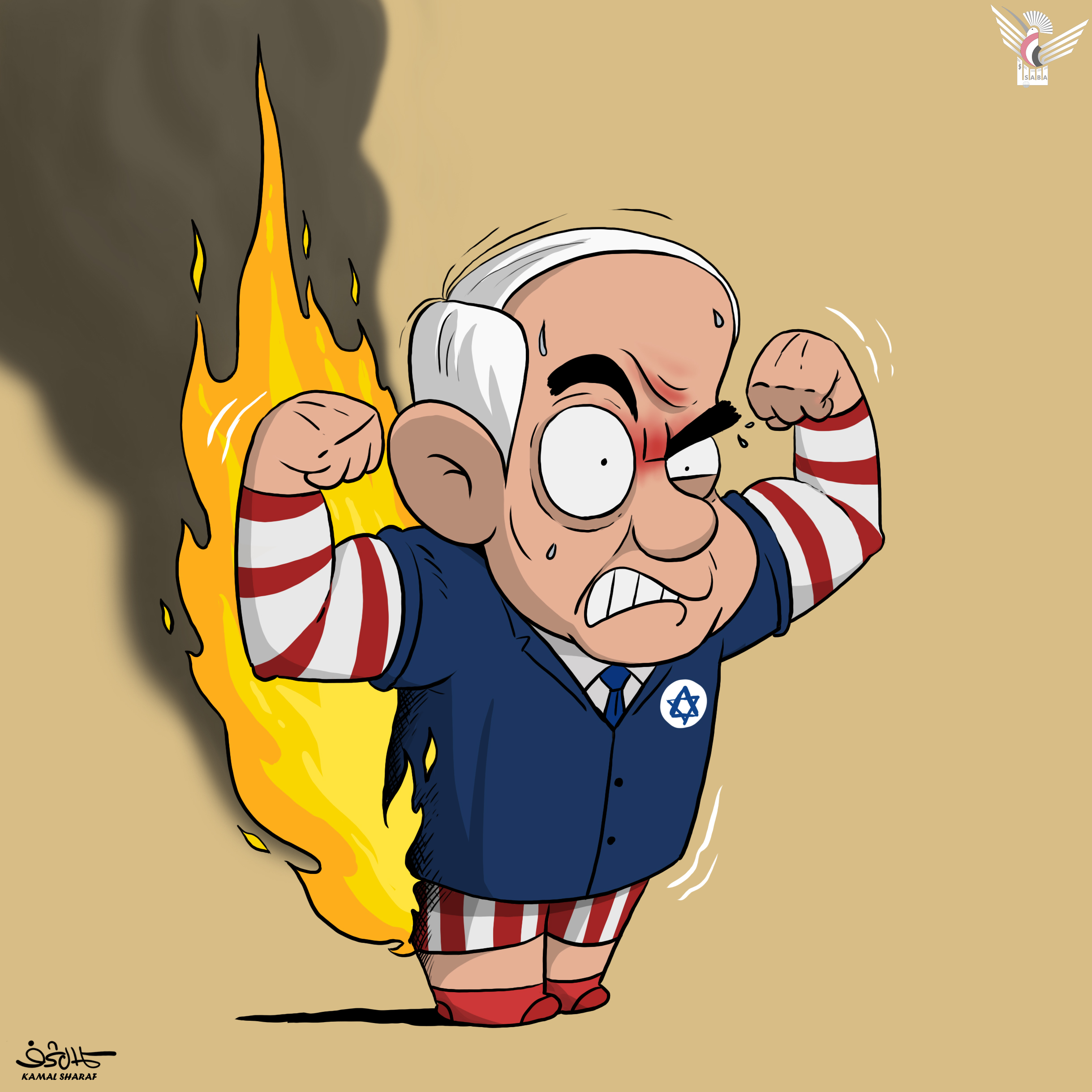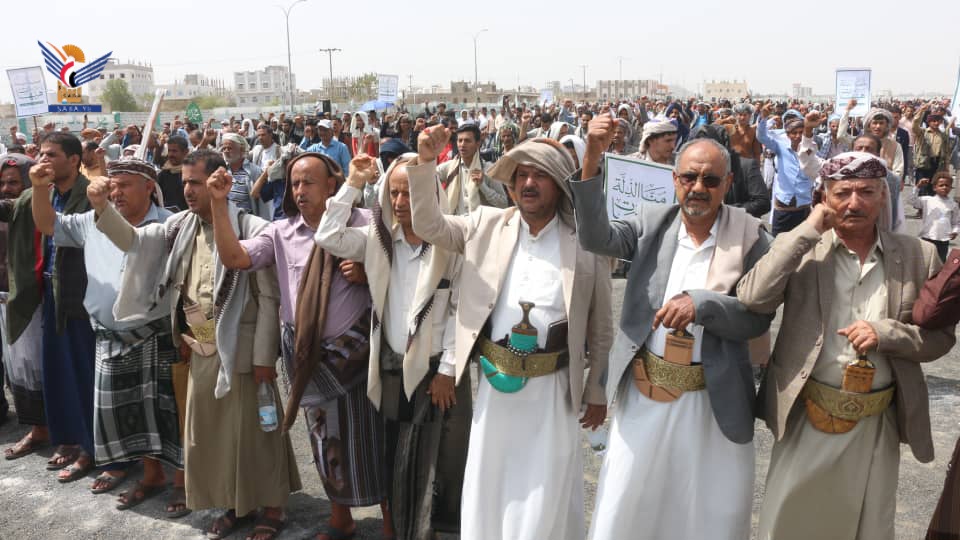Taiz - Saba:
Various districts in Taiz province organized on Sunday speech events commemorating Ashura—the martyrdom of Imam Hussein bin Ali (peace be upon them).
Massivr gatherings were held in the districts of Al-Ta’iziyah and Sala at the Great Prophet Square (Ma’awiya Junction) in the province center, with the participation of local, educational, military, and security leaders, as well as social figures.
Similar events took place in the districts of Maqbanah, Jabal Habashi, and the Western Coast at the residential city square in Al-Barh, Maqbanah, as well as in the districts of Khadir, Sabr Al-Mawadim, Sami’, Al-Salu, and Al-Masrakh on the main road opposite Al-Tawfiq Gharab School in Khadir.
In Sharab Al-Salam district, crowds gathered near the government complex and in Sharab Al-Rawnah at Mus’ab School Square. In Ma’awiya district, events were held in Jabalah Square, while in Hayfan, popular gatherings took place with the participation of members of the Shura Council, deputy governors, local, executive, security, and military leaders, scholars, and social figures.
Speeches during the events emphasized that commemorating this tragic event in Islamic history stems from a place of faith and expresses unwavering loyalty to the Prophet Muhammad (peace be upon him and his family).
The speeches highlighted that Imam Hussein’s revolution remains an authentic extension of Islam, embodying guidance and leadership. Imam Hussein sought to rescue the nation from injustice and tyranny, which posed a real threat to its faith and sought to enslave, humiliate, and oppress it.
They noted that this year’s Ashura commemoration comes amid the ongoing tragedy faced by Palestinians in Gaza, which bears stark similarities to the tragedy of Karbala endured by Imam Hussein. Today, Gaza is being brutalized by the Zionist entity with American and European support, using internationally banned bombs and missiles.
The speeches affirmed that Imam Hussein’s revolution continues to resonate in the Muslim world despite the overwhelming injustices imposed by oppressive rulers and corrupt scholars. They reiterated unwavering support for the Palestinian cause—its people, land, and holy sites.

| more of (Local) |




